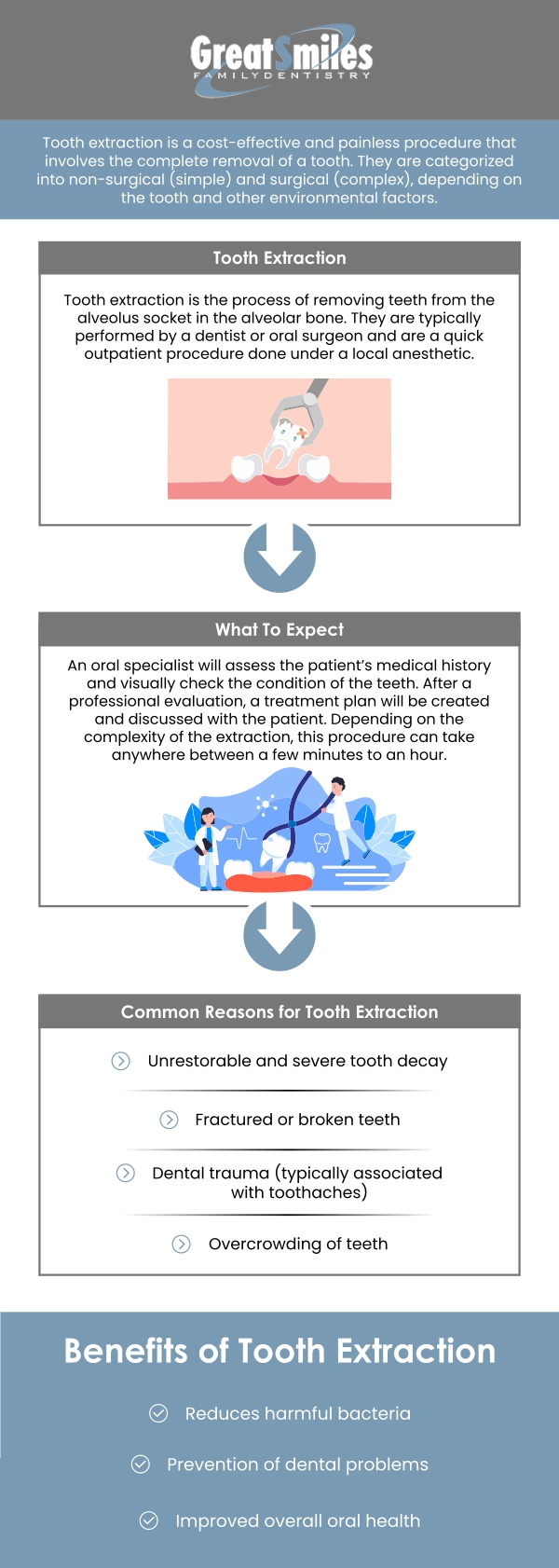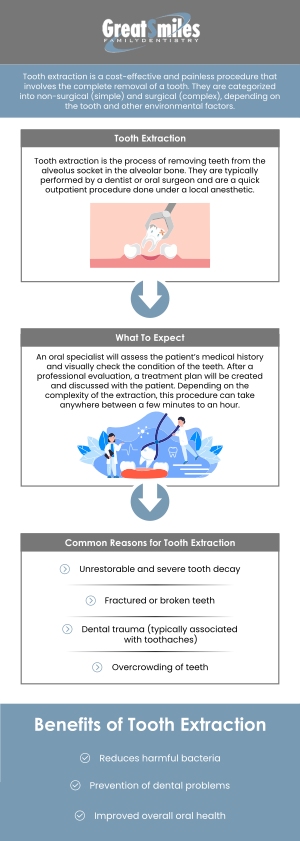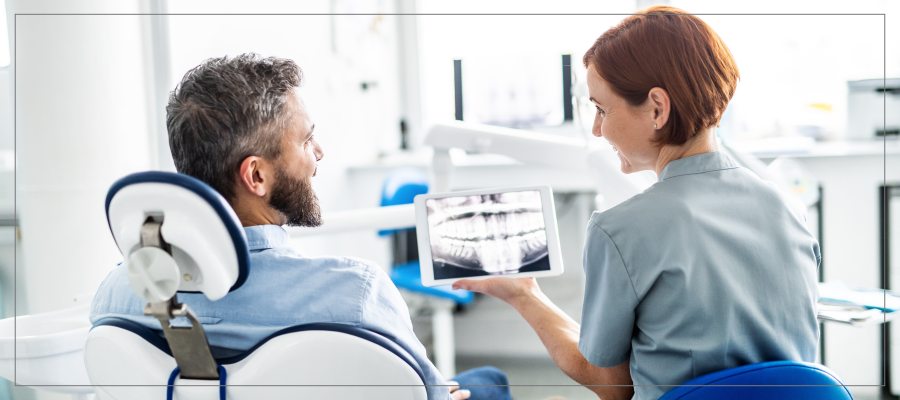Tooth Extraction Dentist in Toledo, OH
We specialize in expert tooth extractions at Great Smiles Family Dentistry in Toledo, OH, led by Dr. Nadeem Khan, DDS. Our experienced team is dedicated to providing gentle, precise care to ensure a comfortable experience. Whether you’re dealing with a problematic tooth or need an extraction for other reasons, we offer personalized treatment plans to meet your needs. Trust us to guide you through the process with care and professionalism, ensuring your path to recovery is smooth and efficient. For more information, contact us today or visit us online to meet our team of professionals. We are conveniently located at 4646 Nantuckett Dr Suite D, Toledo, OH 43623.





Check Out Our 5 Star Reviews


Additional Services You May Need
- Affordable Dental Implants
- Invisalign
- Invisalign vs Braces
- Dental Implants
- Dentures
- Dentist
- Gum Disease
- Sleep Apnea Appliance
- Sedation Dentistry
- General & Cosmetic Dentistry
- Jaw Muscle and Joint Conditions
- Sports Guards
- Teeth Grinding
- Porcelain Veneers
- Lumineers
- Family Dentist
- Cosmetic Dentistry
- Dental Implant Costs
- Kid Friendly Dentist
- Gingivitis Treatments
- Pediatric Dentist
- Teeth Whitening
- Invisalign Clear Aligner
- Emface
- Exion
- Dental Crown
- Dental Bridge

Additional Services You May Need
- Affordable Dental Implants
- Invisalign
- Invisalign vs Braces
- Dental Implants
- Dentures
- Dentist
- Gum Disease
- Sleep Apnea Appliance
- Sedation Dentistry
- General & Cosmetic Dentistry
- Jaw Muscle and Joint Conditions
- Sports Guards
- Teeth Grinding
- Lumineers
- Porcelain Veneers
- Family Dentist
- Cosmetic Dentistry
- Dental Implant Costs
- Kid Friendly Dentist
- Gingivitis Treatments
- Pediatric Dentist
- Teeth Whitening
- Invisalign Clear Aligner
- Emface
- Exion
- Dental Crown
- Dental Bridge





